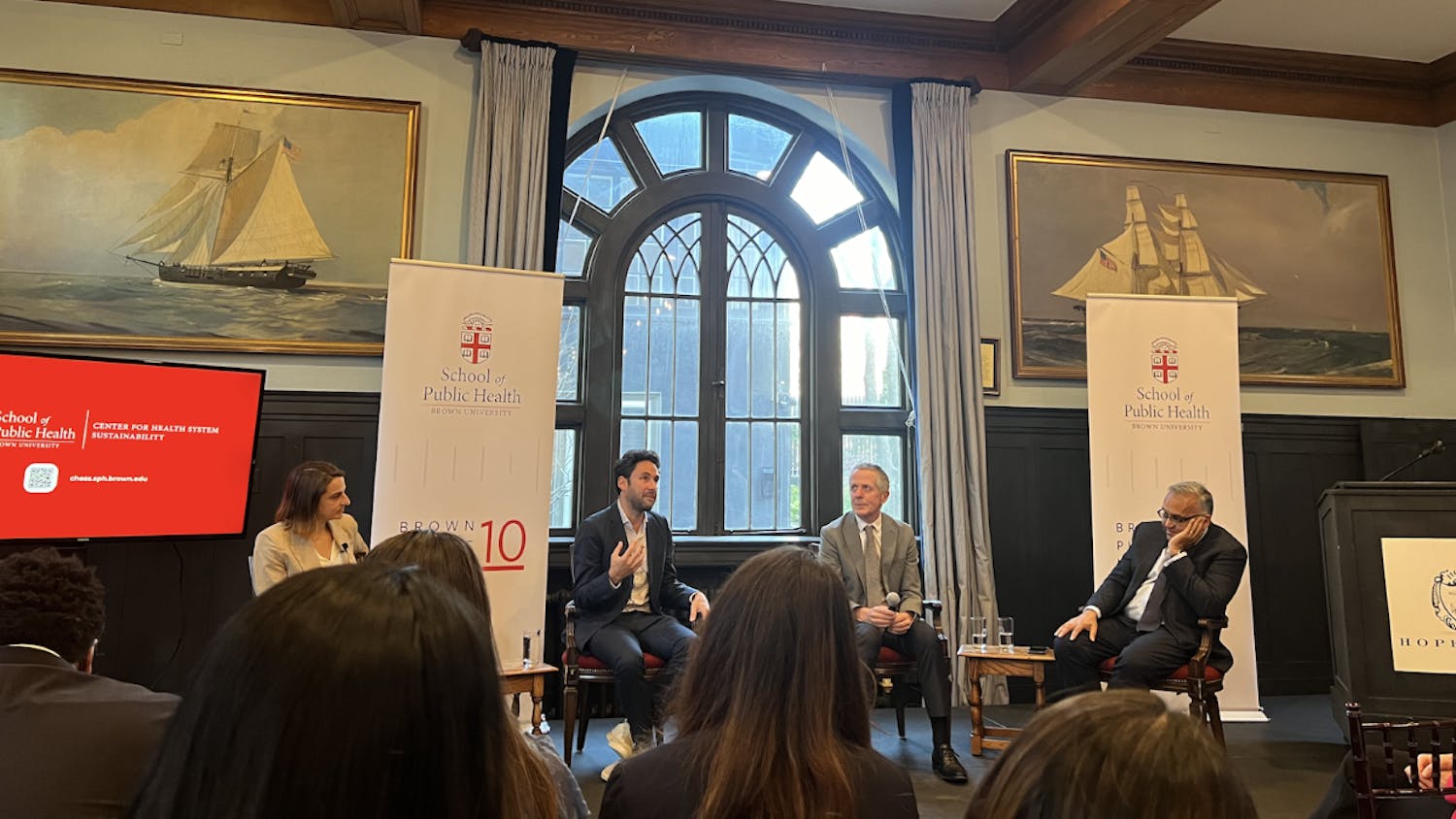Many college students could not imagine a day without updating their Twitter feeds or Facebook statuses, but according to a recent study led by researchers at the Miriam Hospital, using social media may impair academic performance.
The study was published online in the journal Emerging Adulthood last month.
Unlike past studies, Miriam Hospital researchers expanded the definition of social media to include “new media” like texting and social networking. They also included “traditional media,” like magazines and books.
Researchers tracked female first-year college students’ use of 11 forms of social media including television, movies, music, the Internet and video games over the course of an academic year, and found that they spend nearly 12 hours a day using social media on average. To collect their data, researchers administered surveys to nearly 500 first-year women at a northeastern university about their weekly media use. At the end of each semester, the women also reported their GPAs.
The study found a correlation between lower GPAs and higher social media use.
Researchers found that different types of media use correlated with different reported academic problems. For example, women who spent more time watching television and reading magazines reported lower academic confidence, while those who spent more time on social networking sites reported spending less time on academics, the study found.
Both academic confidence and academic behaviors may be mediating factors that affect GPA, the researchers wrote in the study.
But the study did not find a direct link between social media use and academic performance. “You can’t infer causality from our study because we have no experimental manipulation,” said lead author Jennifer Walsh, assistant professor in the Centers for Behavioral and Preventive Medicine at the Miriam Hospital. But researchers did control for past academic performance and demographic factors, she added. “We do think this is stronger evidence than just measuring the two things and saying that they are correlated,” Walsh said.
The researchers also found the use of some types of social media has beneficial effects, like helping adolescents establish a sense of identity and build networking skills. The study’s authors also noted that some forms of social media, like reading books and newspapers, did not correlate with lower academic performance.
The researchers chose to focus exclusively on first-year women after noticing potential trends in media use in a larger pool of data from a hospital study on first-year women’s health, Walsh said.
“We collected a lot of data from women about their substance abuse, their physical activity, their sexual health. And we noticed how much media these college women were using,” Walsh said. “We also realized that there hadn’t really been any recent comprehensive study of college media use.”
Some students found the study’s definition of social media different from their own.
“I always thought of social media as something where I put something out there, not as something I was reading for pleasure,” said Nick McGurk ’16.
Taylor DeRosa ’16 said she does not think the time she spends using social media affects her academic performance. “It’s that I need to use the time when I’m not using social media to work,” she said.
Many students also wanted to know more information about other variables that may have influenced the women in the study. “Twelve hours a day of social media use surprises me,” said Emma Strother ’15. “But I think other factors — like stress — contribute more to difficulties maintaining a GPA.”
The team of researchers hopes to conduct another study on men’s social media use in the future in order to compare the results, Walsh said.

ADVERTISEMENT




